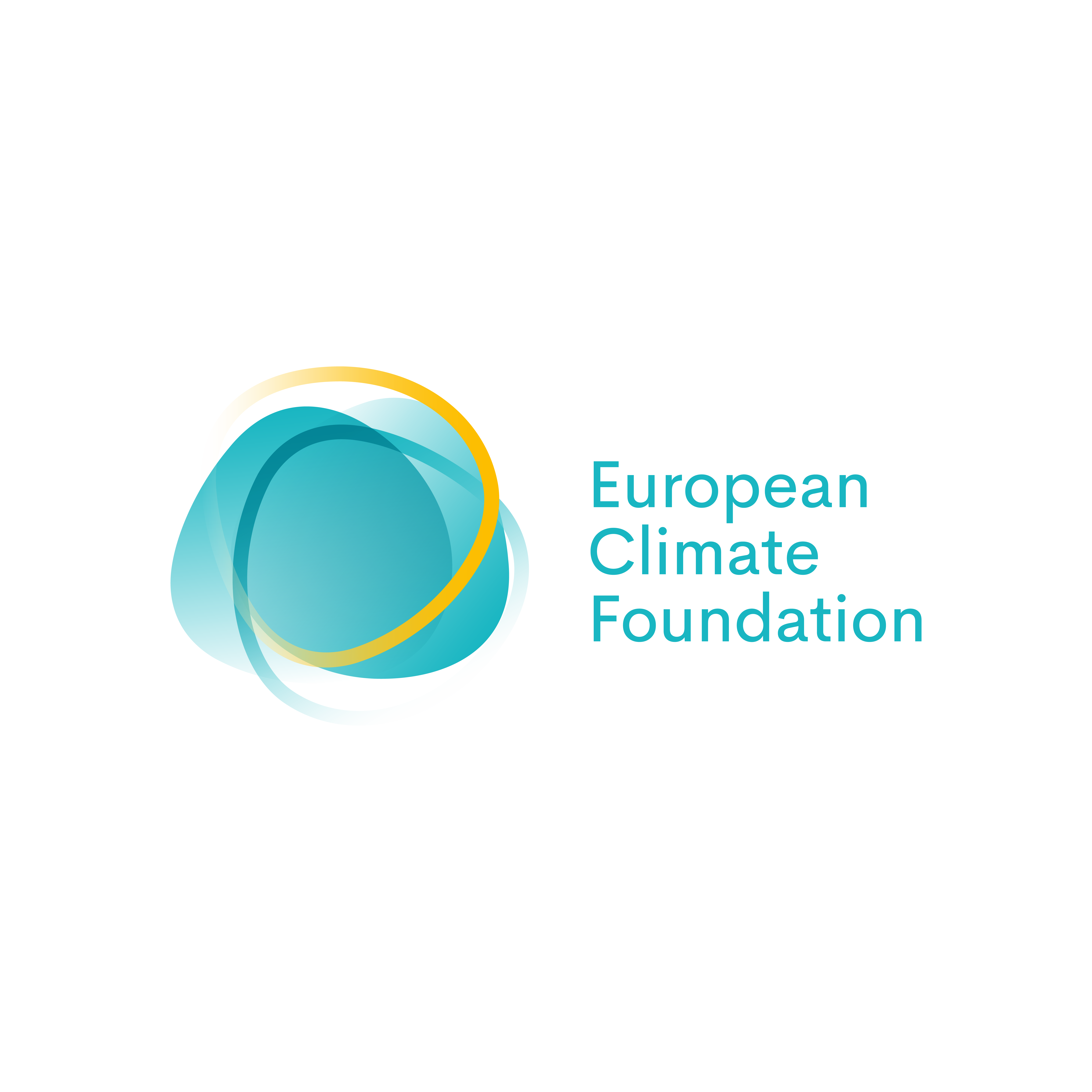
2513 AM S GRAVENHAGE
Netherlands
The event
This event will be an excellent opportunity to discuss how innovations in direct electrification can play in supporting a sustainable low carbon transition across the food and drink sector.
An expert panel and keynote speakers will join to discuss how advances in heat pump technology is playing a key role in the achieving greater energy efficiency and lower carbon intensity across the food and beverage industry.
This event will also showcase the successful installation of industrial heat pumps at the Ahascragh Distillery in Ireland, that already delivering cost savings up to 50% for the business.
Background: Industrial-scale heat pumps and direct electrification innovation in the food and drinks industry can have a transformative force in the pursuit of energy efficiency, cost saving, increased resilience, carbon emissions reduction, ultimately leading to a greater industry competitiveness.
Industrial-scale heat pumps, powered by clean energy sources, have the capacity to efficiently produce high-temperature heat for various manufacturing processes, replacing traditional energy-intensive methods. In particular, the sector that promises the greatest potential with the lowest cost is the food sector, where heat pumps can meet the needs of numerous processes: drying, cooking, heating/cooling of water (e.g., washing water), heating/cooling of steam (e.g., for sterilization).
Additionally, direct electrification innovations enable the direct use of electricity in heating applications, minimizing energy loss, recycling waste heat and providing a more sustainable alternative. These advancements not only contribute to the industry's commitment to reducing its carbon footprint but also serve as a crucial step towards achieving broader environmental sustainability goals across the sector.
The path to achieving decarbonization targets is not easy given the complexity and constant change in the framework conditions. In industry in particular, the topic of energy has been implemented in-house. The approach is increasingly to outsource this to an external partner on an equal footing. The innovative aspect here is that the external partner not only takes over and is responsible for the topic operationally, but also as part of the corporate strategy.
Resources:
- Some knowledge of the industrial potential and scope of Climact and EHPA.
- This is quite old but still the most referenced knowledge in the EU in terms of electrification potential.
- Here and here a great paper on the US to be emulated in the EU.
- A very good report on the potential and technologies from Agora can be found here.
- On the topic of security, there is a good report from ZOE on the gas phase-out in Germany. The report is broad in scope and the full version is only available in German.
- Useful success stories in the EU: beer, milk powder, dairy products, real cases of EHPA, pasta/whisk
ENGIE - Rethinking energy
Otto Klatte, Head of Division Industrial Solutions, ENGIE Deutschland GmbH, Essen, Germany
Lecture title tba
Rossen Ivanov, Managing Director EMEA, Armstrong International S.A., Belgium
Lecture title tba
Tom Marren, CEO, Astatine Ltd., Dublin, Ireland
Moderation
Natalia Messer

